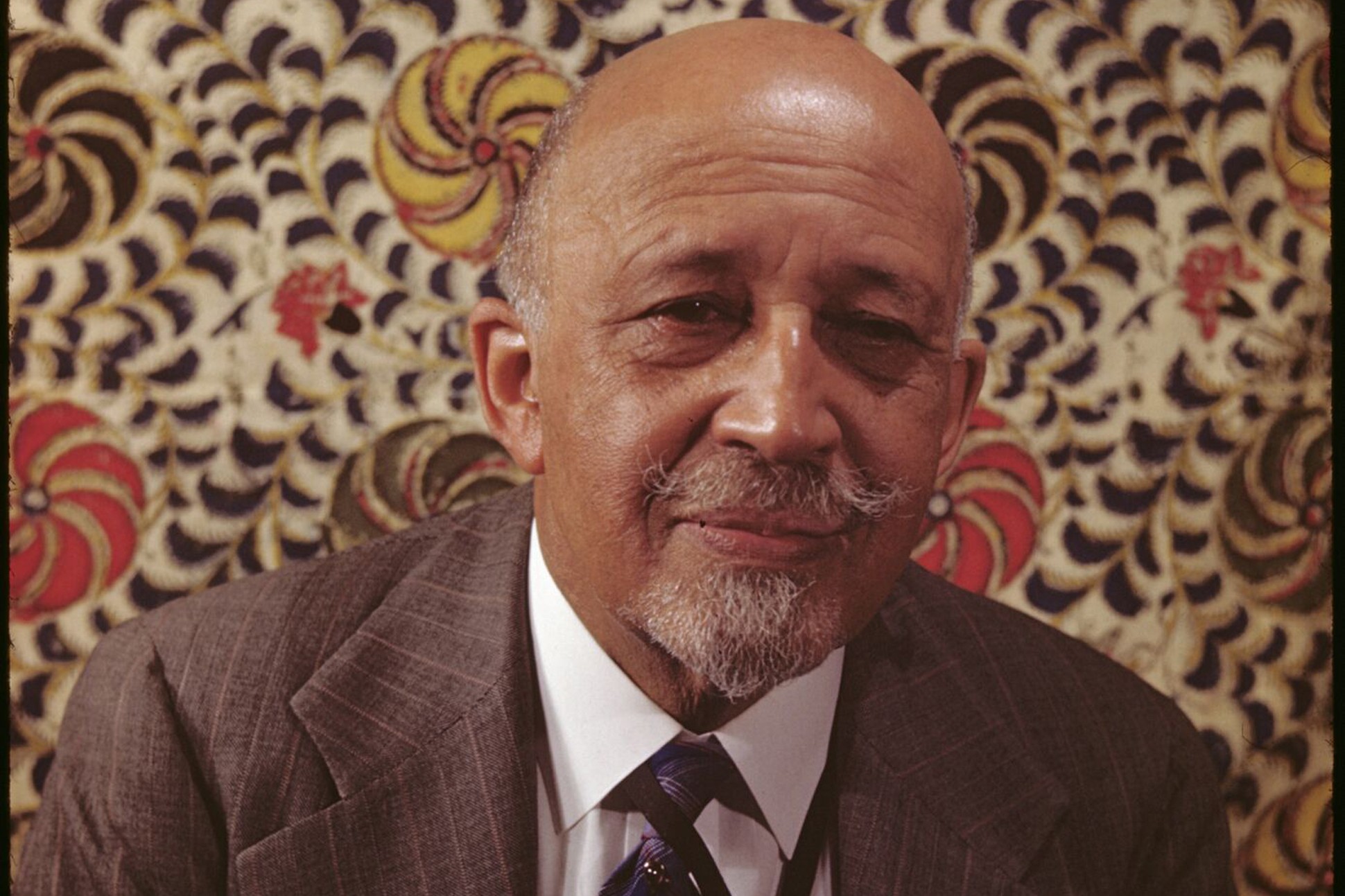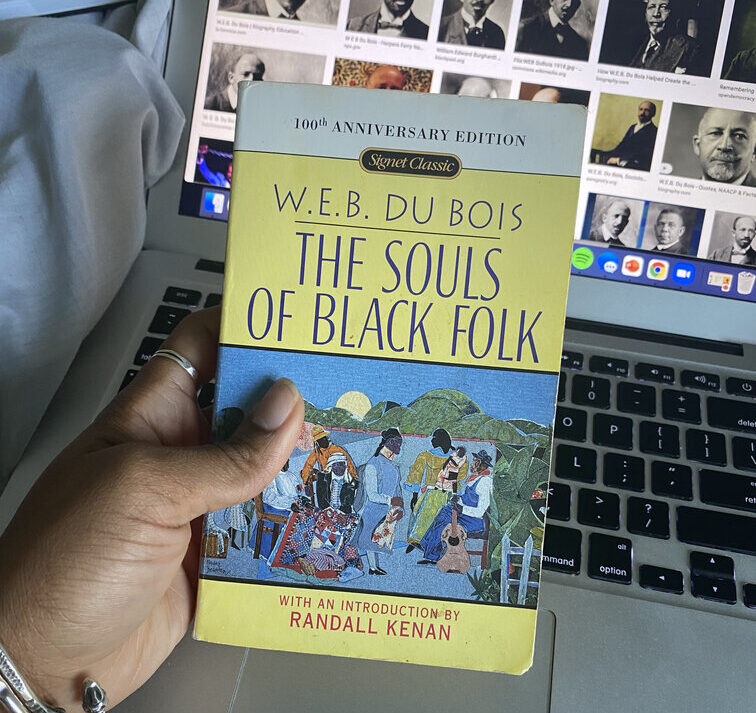W.E.B. Du Bois Changed His Mind Too

Today is W.E.B. Du Bois’s birthday, by the way. William Edward Burghardt Du Bois was born on February 23, 1868—three years after the 13th amendment was signed which said that outlawed slavery (unless you’re a prisoner). He was born and raised in Massachusetts, became the first Black person in this country to earn a PhD. He was a professor for years at Atlanta University (which is now called Clark University). As if that ain’t enough, W.E.B. Du Bois also co-founded the NAACP with other leaders of the time including Ida B. Wells.
Booker T. Washington and W.E.B. Du Bois
Similar to how Martin and Malcolm are often pitted against each other, the same went for W.E.B. Du Bois and Booker T. Washington. Washington believed that black folk were better off learning trades than liberal arts. Demanding equality and voting rights should come after we got ourselves together. Our first priority was free education. This was called the Atlanta Compromise.
The Talented Tenth
Du Bois disagreed with the Atlanta Compromise. His position: We need full civil rights and more black folk as politicians (and rat ni, not later). He thought the university-educated black folk should lead this movement to acquire full civil rights for black folk. He called them the Talented Tenth. For the record, he didn’t invent this term. He expounded on it and popularized it, basically saying this:
About 10% of Black men will go to a university. That’s where they’ll learn how to think more critically and solve more problems beyond just getting by from day-to-day. These should be the leaders of our Black communities, but only if they’re trying to improve the lives of all Black folks and not just their own lives. While they could be traveling and buying nice houses and cars, they should pause on that and focus on educating the other 90% of Black people who didn’t go to a university.
Folks who weren’t feeling the concept of The Talented Tenth complained that it was elitist, that it was trying to elevate those with money. He argued back and said that it was about character and knowledge, not money.

From the Talented Tenth to the Guilding Hundredth
As most leaders do, especially good ones, he ended up changing his mind. He changed it in a way that’s very similar to how Malcolm and Martin changed their minds. Malcolm went to Mecca and realized that brotherhood could come in all colors. Martin realized that poverty, which included people of all colors, needed immediate attention. Well, Du Bois figured that minority groups need to be working together instead of focusing on their own problems. The Guilding Hundredth, a concept he created in 1948, basically said this:
Education is good, yeah, but morality is more important. We need leaders who are willing to fight for what’s right. And we need leaders who can see the bigger picture. Who else is out here suffering, and who’s their leader? Well, get their leaders together with ours and let’s start building together.
That reminded me of Assata Shakur saying: “Any community seriously concerned with its own freedom has to be concerned about other peoples’ freedom as well. The victory of oppressed people anywhere in the world is a victory for Black people.”
Throughout his life, W.E.B. Du Bois was also a Pan Africanist. He believed that, if most of your ancestors came from Africa, #WeAllCousins. And that we don’t only share a common history. We also share a common destiny. But before it can manifest, we gotta see ourselves as one people with one goal: liberation for us all.
Much love to our new and recurring monthly patrons:
Jessi, June Johnson, Yolanda Acree, Cala, D. Amari Jackson, Yvonne Carter, Black Art in America, Nakia Morgan, Yeseree’ Robinson, Akeem Scott, Rosa Bennett, Dee George, Danielle York, The Culturist Union, Keya Meggett, Add your name here
Your monthly contributions allow us to pay black writers and artists, and get more creative and consistent in the content we deliver. We put a lot of time, love, and money into researching, writing, and sharing. Click here to learn more.

